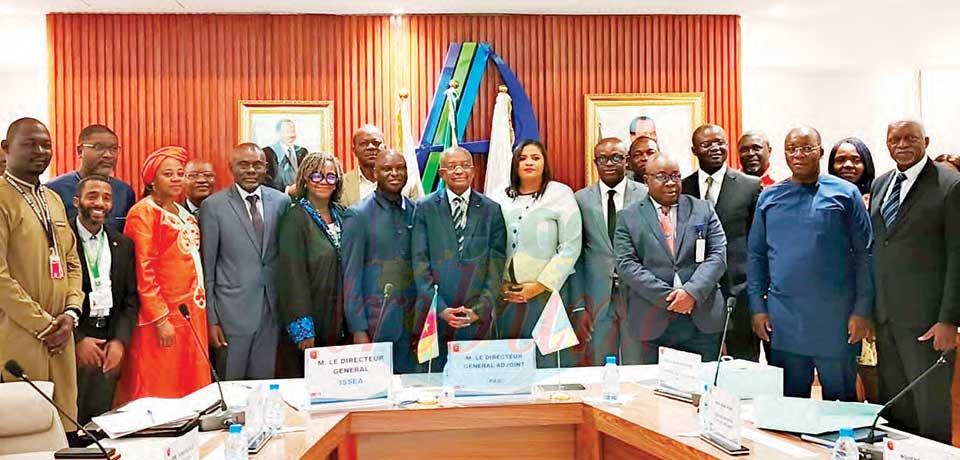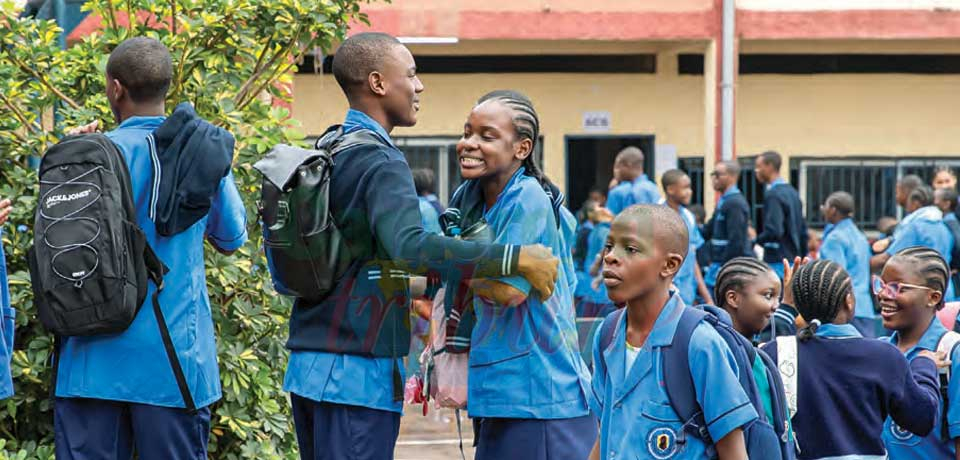In Cameroon’s Streets, a new layer of safety is emerging through tech
- Par BUBA Laura CHIFON
- 29 Aug 2025 07:34
- 0 Likes
- Contenu sponsorisé

In Cameroon’s major cities like Douala and Yaoundé, a simple ride from home to work can sometimes bring its share of uncertainties. Every commuter knows the small unpredictabilities that come with waving down a yellow cab or hopping on the back of a motor
In a context where trust has often relied on instinct rather than systems, the rise of technology-backed ride-hailing services like Yango represents more than just convenience — it brings an added layer of safety, transparency, and reassurance
Like many African countries, Cameroon is experiencing a subtle but significant shift in how transport safety is approached. Until recently, passengers often had little to no information about their driver, no way to follow their trip, and limited recourse if something went wrong. Today, technology is gradually transforming this reality. GPS tracking, driver identity verification, and 24/7 support services are not just technical features; they are safeguards, building accountability where it was harder to guarantee before.
A particularly important aspect of this evolution concerns the protection of vulnerable individuals. In contexts where incidents of harassment or assault in public and informal transport may go unreported, ride-hailing apps can provide meaningful reassurance. Features like Share My Ride, which allow users to send live trip details to trusted contacts, offer peace of mind to those traveling alone, especially at night. The comfort of knowing that someone can virtually follow your journey is invaluable.
At the same time, technology alone cannot address every challenge. Public regulation plays a critical role in reinforcing these gains. The ride-hailing sector in Cameroon is still evolving and, like in many other countries, remains only partially formalized. This can create challenges for drivers as well as passengers. As platforms like Yango expand, there is an important opportunity for public and private actors to work hand in hand in developing safety standards adapted to digital transport services. Such standards — including background checks, vehicle inspections, and effective complaint mechanisms — are not about limiting innovation, but about ensuring it benefits everyone.
Safe mobility is one of the foundations of inclusive urban growth. Without the ability to move confidently from point A to point B, access to education, jobs, healthcare, and civic life is more difficult. For drivers, too, safety mechanisms bring more professional dignity and protection on the job. Verified drivers, supported through in-app tools and integrated into a regulated ecosystem, are more likely to be respected and less likely to face harassment, underpayment, or false accusations.
The broader societal impact is also worth noting: when public and private sectors collaborate to strengthen safe mobility, they reinforce a shared vision of safety as a right for all. Ride-hailing apps in Cameroon are not only providing rides, they are helping to build the foundation of a more accountable, equitable, and secure mobility ecosystem. We therefore welcome the efforts already underway by government and civil society to embrace the potential of technology-enabled safety and look forward to contributing to this shared journey. In a country where mobility is central to everyday life, safety is increasingly becoming the standard — and technology is proud to play its part in supporting that transition.














Commentaires